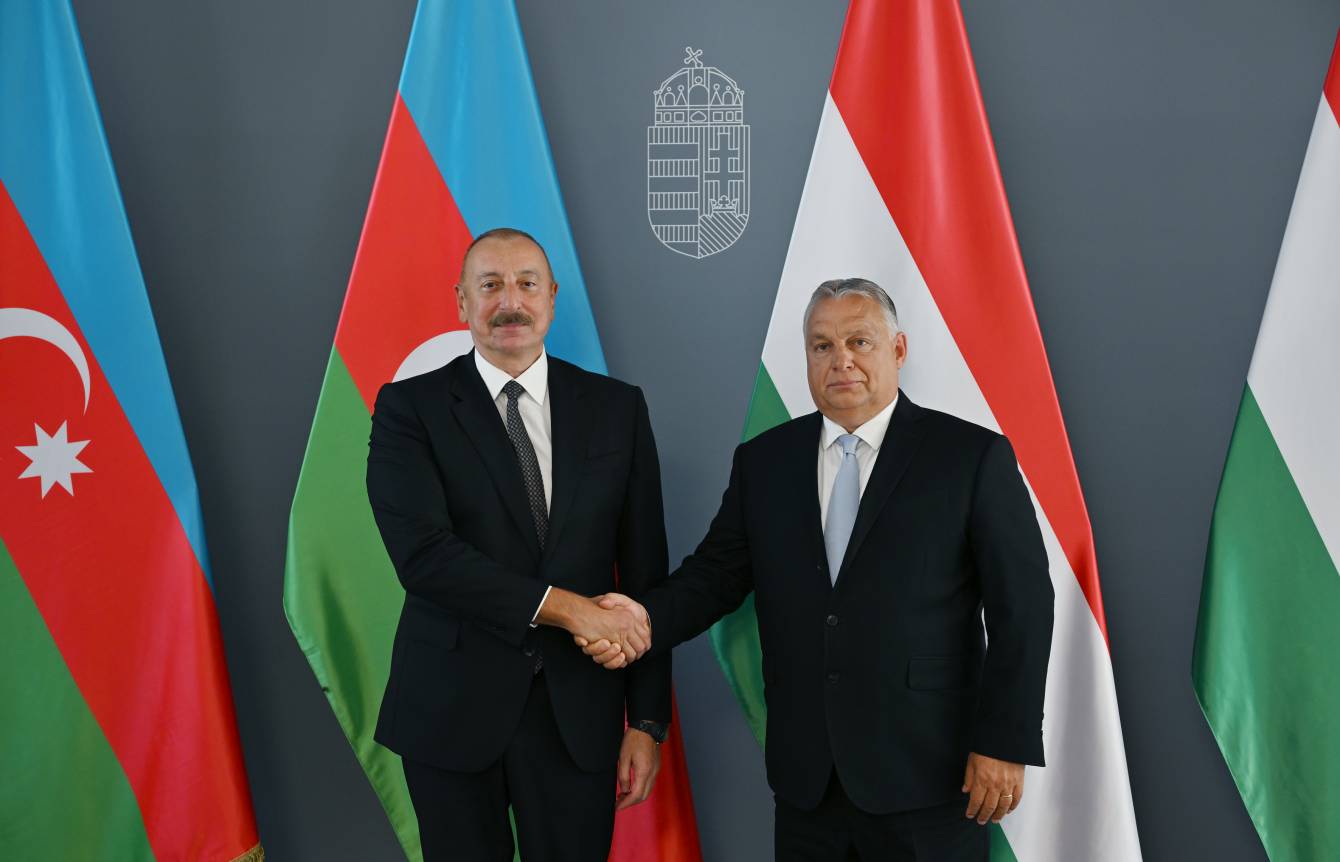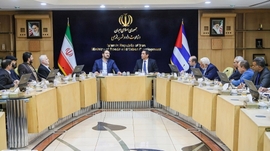Azerbaijan is making inroads into new energy markets in Europe by securing deals with new buyers, which allow the country to simultaneously consolidate its energy exports and alleviate Europe’s energy security concerns.
The most recent agreement on the supply of Azerbaijani natural gas to the “old continent” came last week, during President Ilham Aliyev’s visit to Hungary.
The Hungarian authorities, including Prime Minister Viktor Orban, significantly weighed in on the purchase of gas from Azerbaijan during discussions in Budapest on August 20.
The negotiations led to a deal that officially confirmed the amount and timeframe for the deliveries of the “blue energy” to the Hungarian consumers.
According to Hungarian Foreign and Trade Minister Péter Szijjártó, the political agreement addresses the export of one billion cubic meters (bcm) of gas from Azerbaijan to Hungary, which will receive the first batch of commercial supplies containing 100 million cubic meters in the last quarter of 2023.
Moreover, the two countries also shook hands on the storage of 50 bcm of Azerbaijani gas in the reservoirs of Hungary.
Last week’s agreement fits in a previous deal signed in June of this year between Azerbaijan’s energy conglomerate SOCAR and MVM CEEnergy company of Hungary. Back then, the two companies agreed on the delivery of 100 million cubic metres of gas by the end of 2023.
Hungary has been in talks with Azerbaijan for purchasing gas since early last year. In a meeting with Azerbaijani Economy Minister Mikayil Jabbarov in January 2023, Minister Szijjártó reaffirmed Budapest’s plans to count on Azerbaijani supplies as soon as possible, however, added that substantial infrastructural developments in Southeastern and Central Europe should be in place to make it possible.
In a joint press conference with President Aliyev in January, Prime Minister Orban said that Europe was looking at a scenario of energy transportation from Azerbaijan, following the failure of the implementation of the NABUCCO project 10 years ago.
“Looking at the map, you will see that these volumes of energy coming from Azerbaijan in terms of both natural gas and electricity will pass through Hungary. Therefore, Hungary also wishes to be in a win-win situation in this matter. Also, since we are located on the transport route, the role of Hungary will increase,” Orban said.
Russia has long been a dominant gas supplier in the Hungarian energy market. Hungary has secured 4.5 billion cubic meters of natural gas supplies per year from Russia under a 15-year agreement in 2021. There is an additional agreement between Budapest and Moscow for modifying purchased quantities after 10 years.
However, Hungary is seeking to diversify its sources of energy supplies, including gas and oil amidst global pressure on Russia because of its invasion of Ukraine. The ongoing war in Ukraine has had its toll on European energy security with Russia revising its export strategy and the European buyers abandoning energy cooperation with Moscow.
In addition to Azerbaijan, last week, Hungary also secured a deal for natural gas imports from Türkiye. The talks between Prime Minister Orban and Turkish President Recep Tayyip Erdogan in Budapest fetched an agreement for the supplies of 275 million cubic metres of gas from Türkiye in the spring and summer of the next year.
Hungary also settled last week a deal with Turkmenistan to import natural gas from the Central Asian country.
Meanwhile, Budapest is also considering importing LNG via Croatia and developing a gas field in Romania. There are also negotiations for liquefied natural gas supplies with Qatar and Oman.
Hungarian authorities say the new energy cooperation agreements should not be seen as a rejection of contracts with Russia, but are aimed at diversifying supplies.







 Turkmen President Serdar Berdimuhamedow and British Secretary of State for Foreign Affairs, Commonwealth Affairs, and Development David Cameron dis...
Turkmen President Serdar Berdimuhamedow and British Secretary of State for Foreign Affairs, Commonwealth Affairs, and Development David Cameron dis...
 A draft resolution aimed at preventing the development and deployment of weapons of mass destruction (WMDs) in outer space, co-sponsored by Japan a...
A draft resolution aimed at preventing the development and deployment of weapons of mass destruction (WMDs) in outer space, co-sponsored by Japan a...
 Russia and Ukraine have engaged in direct negotiations facilitated by Qatar to address the exchange of children affected by the ongoing conflict.
Russia and Ukraine have engaged in direct negotiations facilitated by Qatar to address the exchange of children affected by the ongoing conflict.



